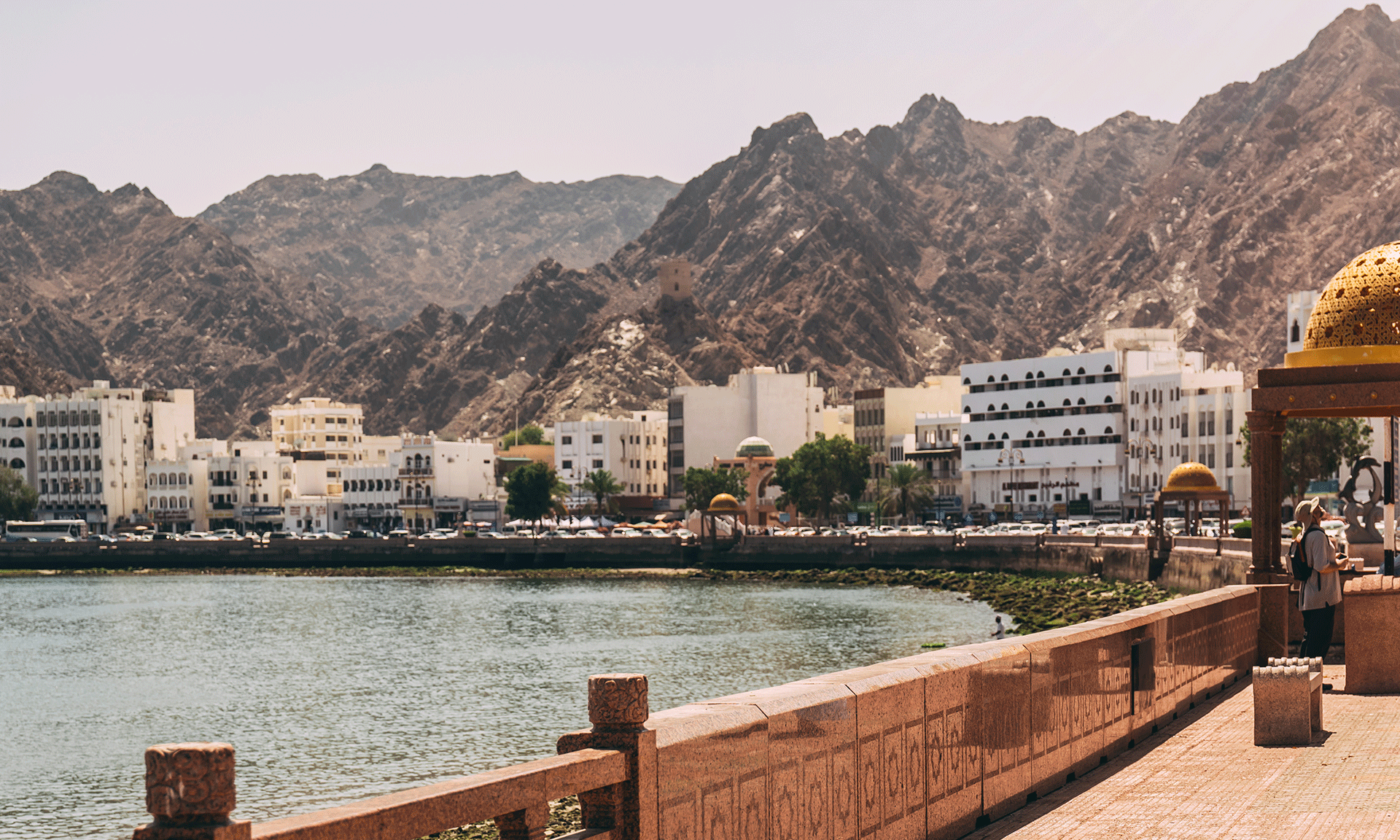The private sector in Oman is a key partner in the Sultanate’s efforts towards economic expansion and social development as embodied in Vision 2040, stated Qais bin Mohammed Al Yousef, Minister of Commerce, Industry and Investment Promotion.
He noted, “His Majesty Sultan Haitham bin Tarik has launched Oman Vision 2040, which focuses on attracting foreign direct investment and developing the private sector as a priority.”
“Oman’s government is pro-business and has invested heavily in creating robust infrastructure and a friendly business environment that will help foreign investors set up production facilities in key sectors here,” the Minister emphasized.
Al Yousef while addressing the potential investors, said, “I invite you to come and experience the possibilities and opportunities for yourself. Oman looks forward to welcoming you.”
The Oman Chamber of Commerce and Industry (OCCI) is an organisation responsible for liaising between the private sector and the Omani government, and the Minister’s comments appeared in an interview shared by this organisation.
The private sector investors must become a part of Oman Vision 2040, which focuses on diversifying and building a sustainable & growing economy, creating good standards of living, generating employment opportunities for all and supporting business enterprises to withstand the potential adverse impact of global developments, encouraged Redha Al Saleh, the Chairman of OCCI.
The OCCI Chairman emphasized, “The chamber requires foreign investors to invest in Oman Vision 2040, which banks heavily on the private sector to lead Oman’s comprehensive economic development process.” “Foreign investors are also allowed up to 100 per cent foreign ownership,” he remarked.
“They can also gain an advantage using Oman’s unique geographical location, which is well-connected to both the east and the west by air, road and sea,” highlighted Al Saleh.
The government of Oman is also focused on developing the private sector and adopting business-friendly proactive approaches to promote the country’s business landscape that include zero income tax for individuals, tax waiver for five years or more, full repatriation of profits and capital, 100% foreign ownership rights and one-stop-shop online services platform. The ‘invest easy’ portal of this platform helps prospective investors on how to start business in Oman. Omanuna, the official Oman eGovernment Services Portal guides how to register SME in Oman.
There has been a bigger infrastructure push by the government in recent times and the country heavily invested in developing the logistics and transport infrastructure.
The Logistics Strategy of Oman sets out long-term objectives for enhancing the logistics sector’s contribution to the country’s GDP. During the past several years, the Sultanate’s strategic objectives revolved around increased government spending for capacity building and congestion reduction by expanding roads, ports and air links. The country aims to leverage its deep-water ports on the Gulf of Oman and the Indian Ocean to become one of the world’s top ten logistics and shipping hubs by 2040.
Tanfeedh initiative, Oman’s National Programme for enhancing economic development has received international praise and recognition. The economic expansion under the Tanfeedh initiative focuses on strategic areas including manufacturing, mining, agriculture and fisheries, energy, tourism, transportation and logistics. The export contribution of fisheries to the country’s GDP, in all likelihood, will touch OMR 1.3 billion in 2023.
Besides the country’s huge wealth of untapped natural resources, Oman has huge attractions of tourists with some amazing places to visit amongst which are beautiful and mesmerising mountains; a long coastline with sandy beaches, species-rich coral reefs and steep cliffs; golden desert with incredible sand dunes and many more. International travel magazine Lonely Planet ranked Oman as one of the world’s 10 best tourist destinations in 2022.
The business landscape of Oman is undergoing rapid transformation. In the recent past, during November 2021, the opening of 13 national projects worth approximately OMR 3.5 billion was announced by the Oman Investment Authority in key sectors including food security, manufacturing, health, energy and tourism.
To realize economic diversification under Vision 2040 and attract foreign direct investment, the country has established several free zones in the country. The Chairman of the Public Authority for Special Economic Zones and Free Zones, Dr Ali bin Masoud Al Sunaidy highlighted, “The purpose of establishing the special economic zone in Duqm, as well as free zones in Sohar, Salalah and Mazyona is to reach out to the outside world.”
“The special economic zones and free zones are well-equipped and they are all close to large ports and airports, gas pipelines, road infrastructure and recently expanded 5G infrastructure,” the Chairman noted.
“Right now, within the framework of the special economic zones and free zones, we are concentrating on renewable energy, in line with Oman Vision 2040,” he added.
Oman is more liberal compared to many other gulf nations in allowing 100% FDI in most of the business sectors. Company registration in Oman costs differently depending on company types and associated business activities. The share capital of the company is also taken into consideration while determining registration cost. Hence, not all companies cost the same amount to register with the Corporate Affairs Commission of Oman.














